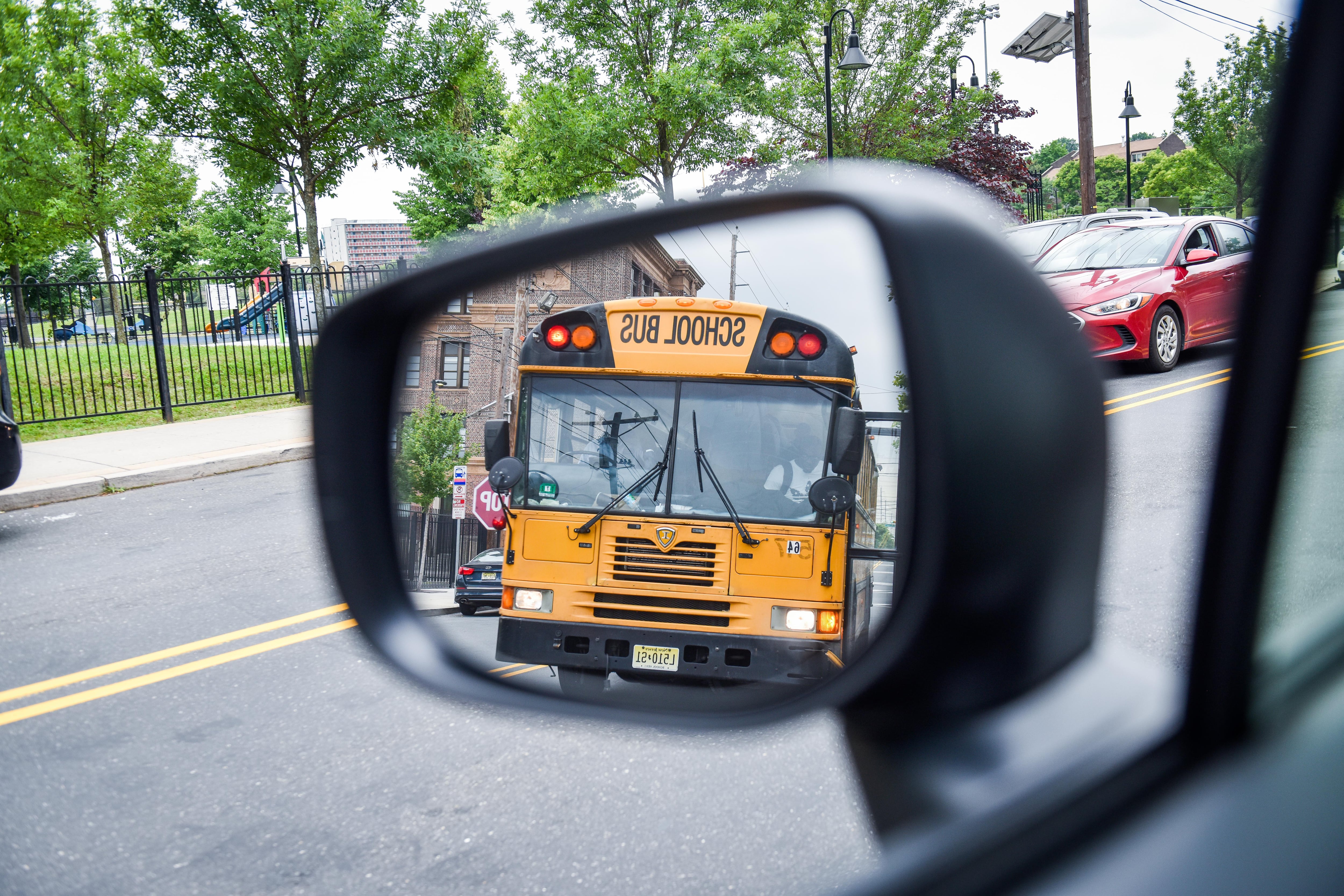Chicago Public Schools is asking its governing board to allow it to continue spending on its coronavirus response with less oversight.
The request to extend the board’s emergency spending authorization through March comes as federal lawmakers wrestle with a second stimulus package — an effort President-elect Joe Biden has said should include money for schools reeling from the pandemic’s fallout. The district has spent the bulk of the $75 million its board allowed under the spending authorization originally approved last March.
The board granted district leaders the ability to spend without prior board approval last spring to allow more flexibility to pay for products, services and staff quickly as the district scrambled to rein in disruption from the pandemic.
The district is looking to continue its emergency spending powers, even as a new investigation from Chalkbeat and the Better Government Association raises questions about a deal with a contributor to Mayor Lori Lightfoot’s election campaign. Under the spending authorization, the district bought $1.6 million in used computers after the mayor personally reached out to the district’s CEO, Janice Jackson, to put in a good word for the donor.
So far, the district has spent more than $132 million on its COVID-19 response, which includes about $68 million specifically tied to the board’s authorization.
The total expenditures include $41.8 million for technology, almost $8 million for education materials, $29 million for premium pay for frontline workers, more than $41 million in personal protective equipment and other emergency supplies, $6.3 million for school meal delivery, and more.
The Chalkbeat/BGA report found some of the devices the district bought from Chicago-based Meeting Tomorrow did not meet the district’s purchasing standards. More than a third remain in a warehouse even as the district has continued to invest in new computers.
District officials pointed to the board’s emergency spending authorization when asked why Chicago Public Schools bought the devices without signing a contract or other written agreement with the local company, Meeting Tomorrow.
“As is permitted during the Board’s Emergency Covid-19 Spending Authorization, the district onboarded Meeting Tomorrow as a supplier solely to provide devices under the emergency authorization when devices were unavailable from the district’s contracted providers,” a Chicago Public Schools spokesman said in a statement. “This purchase was bound by the district’s standard terms and conditions.”





